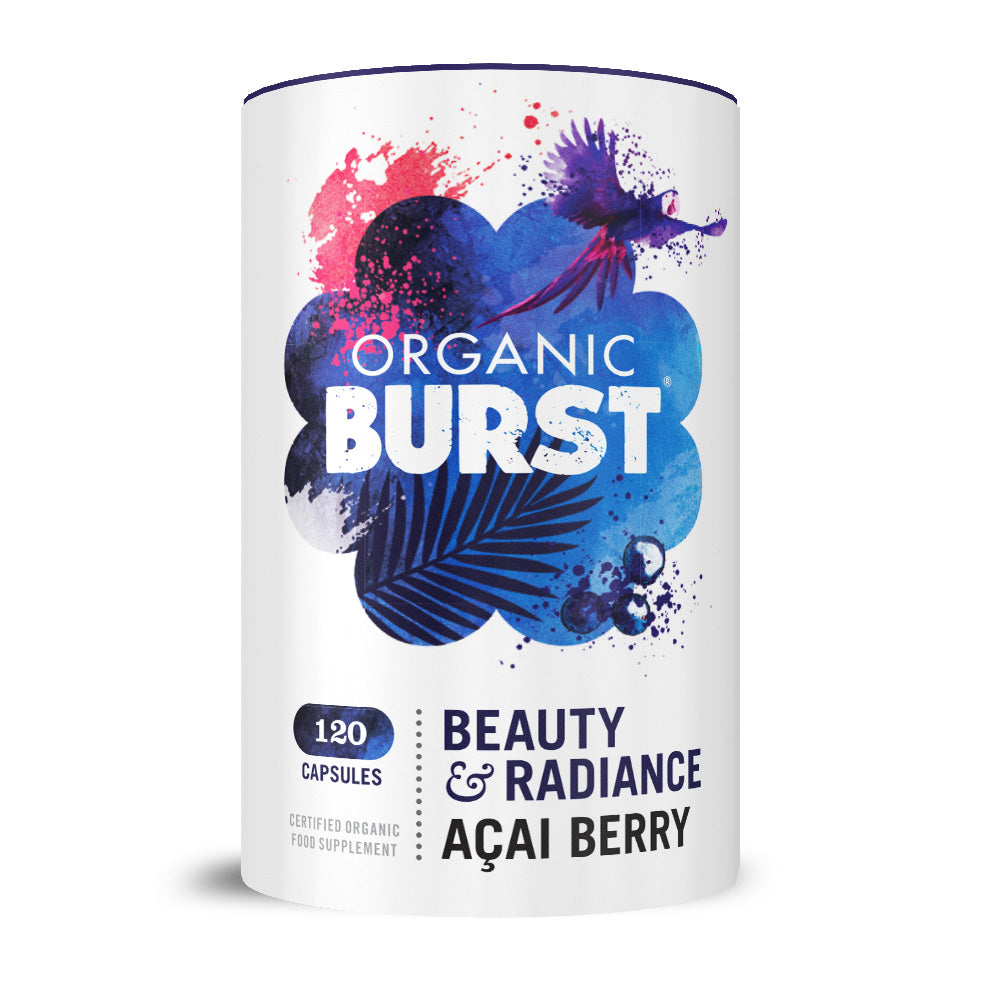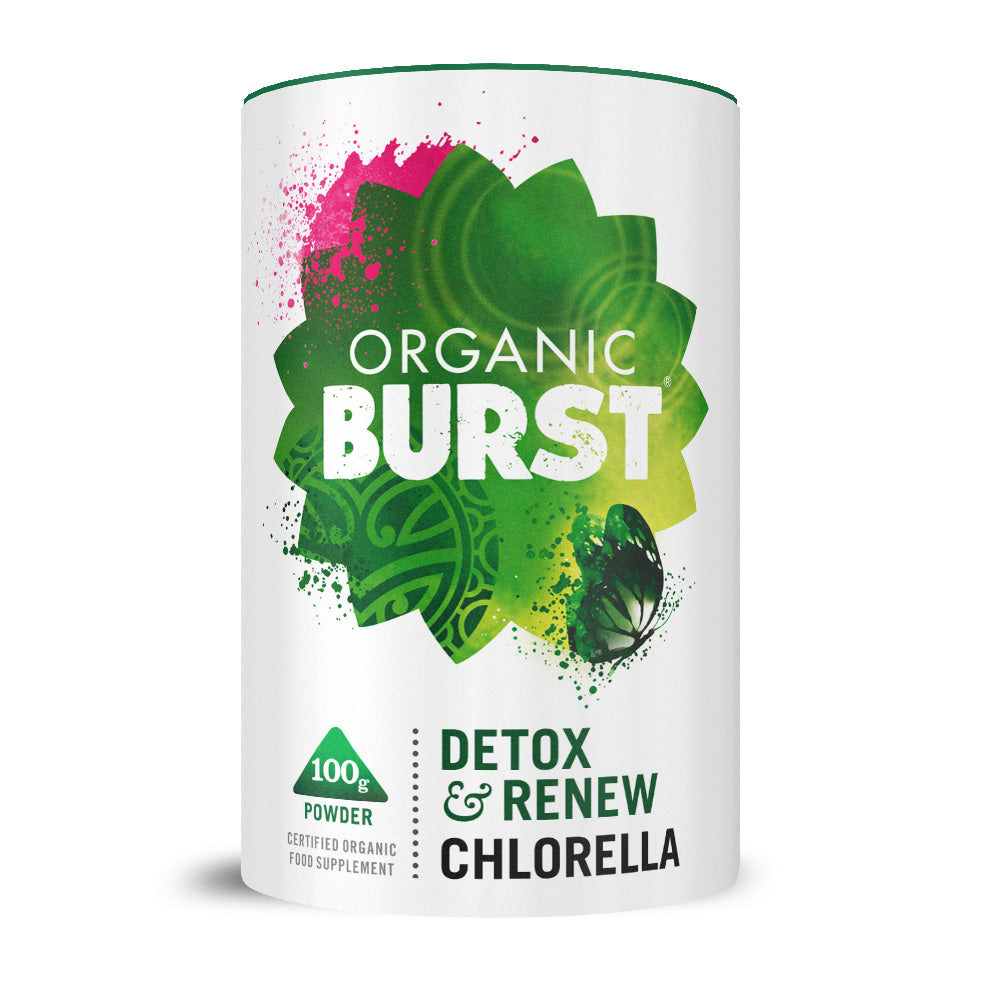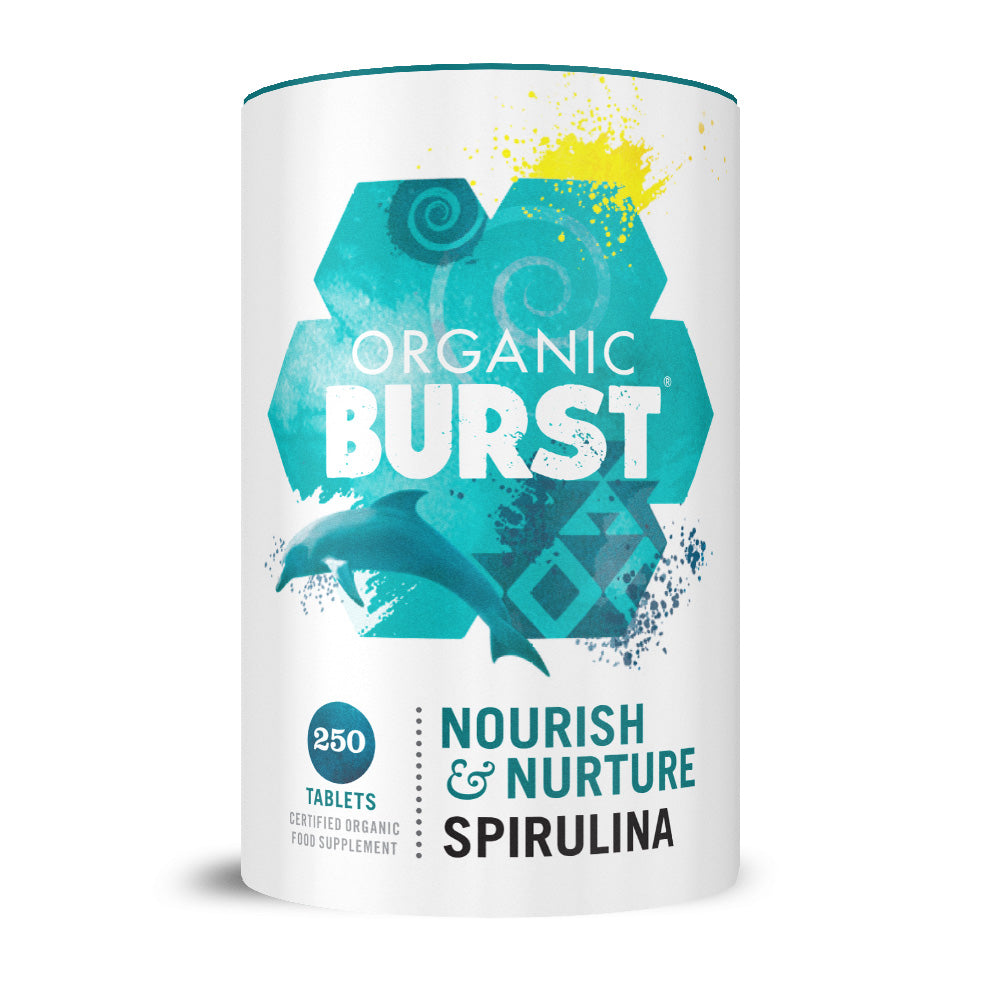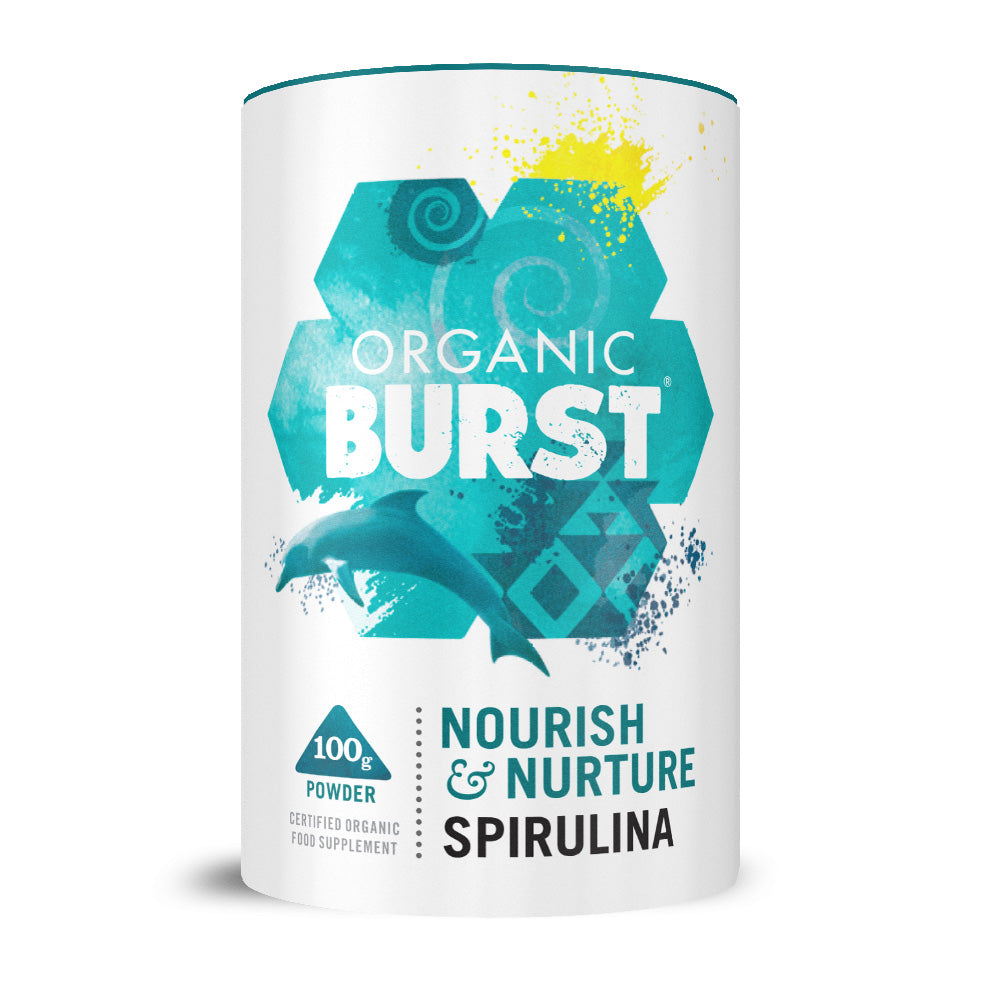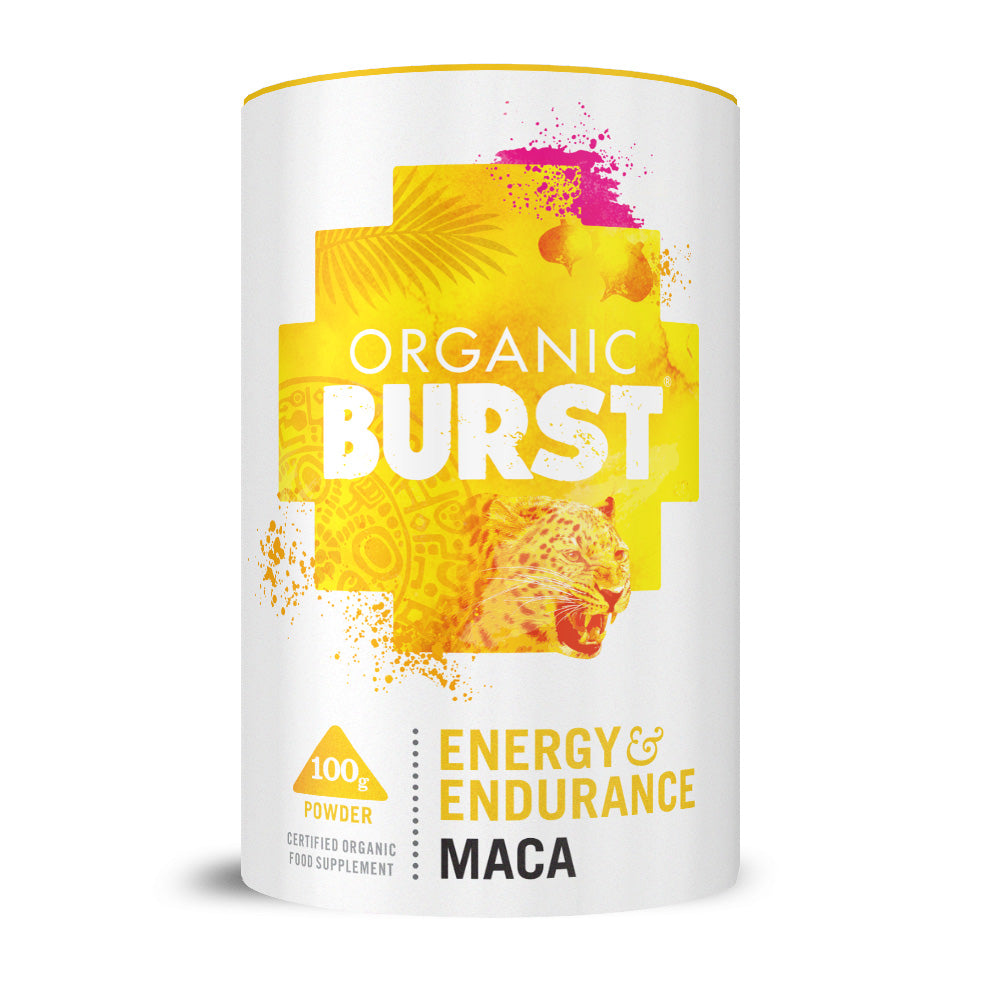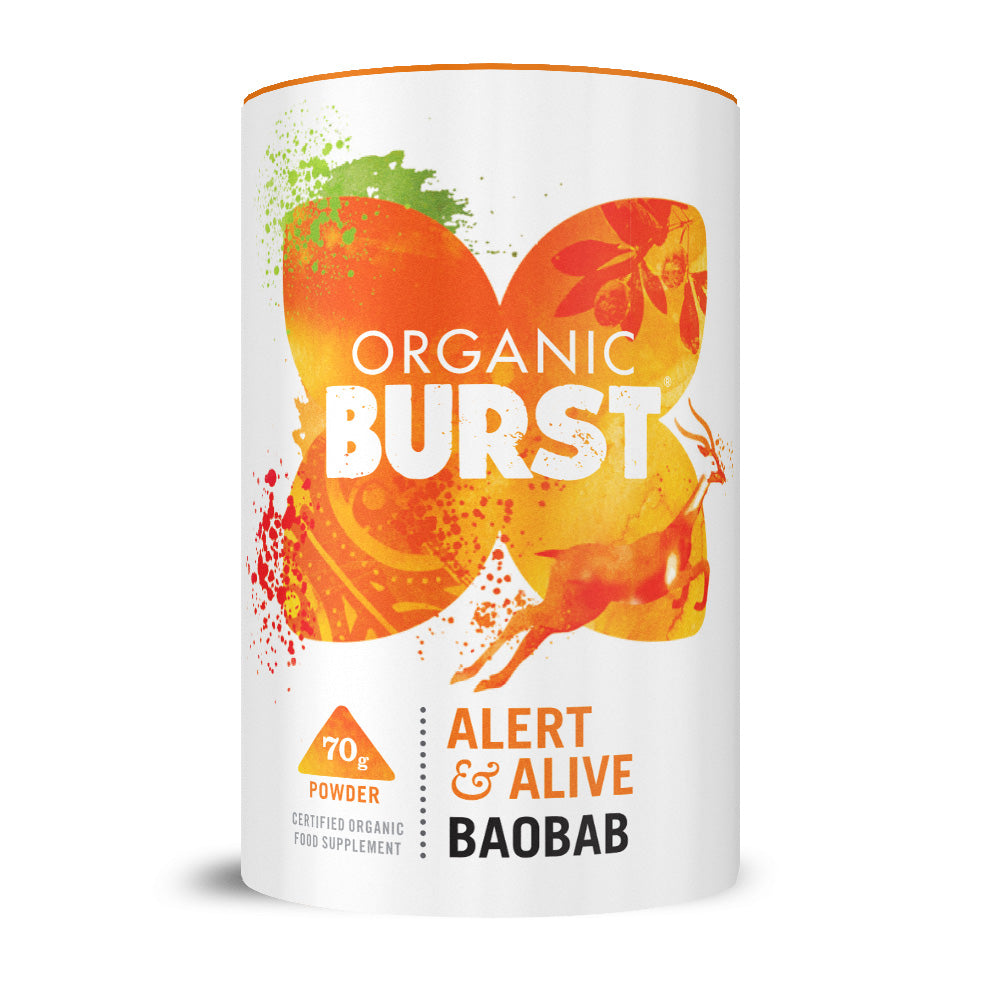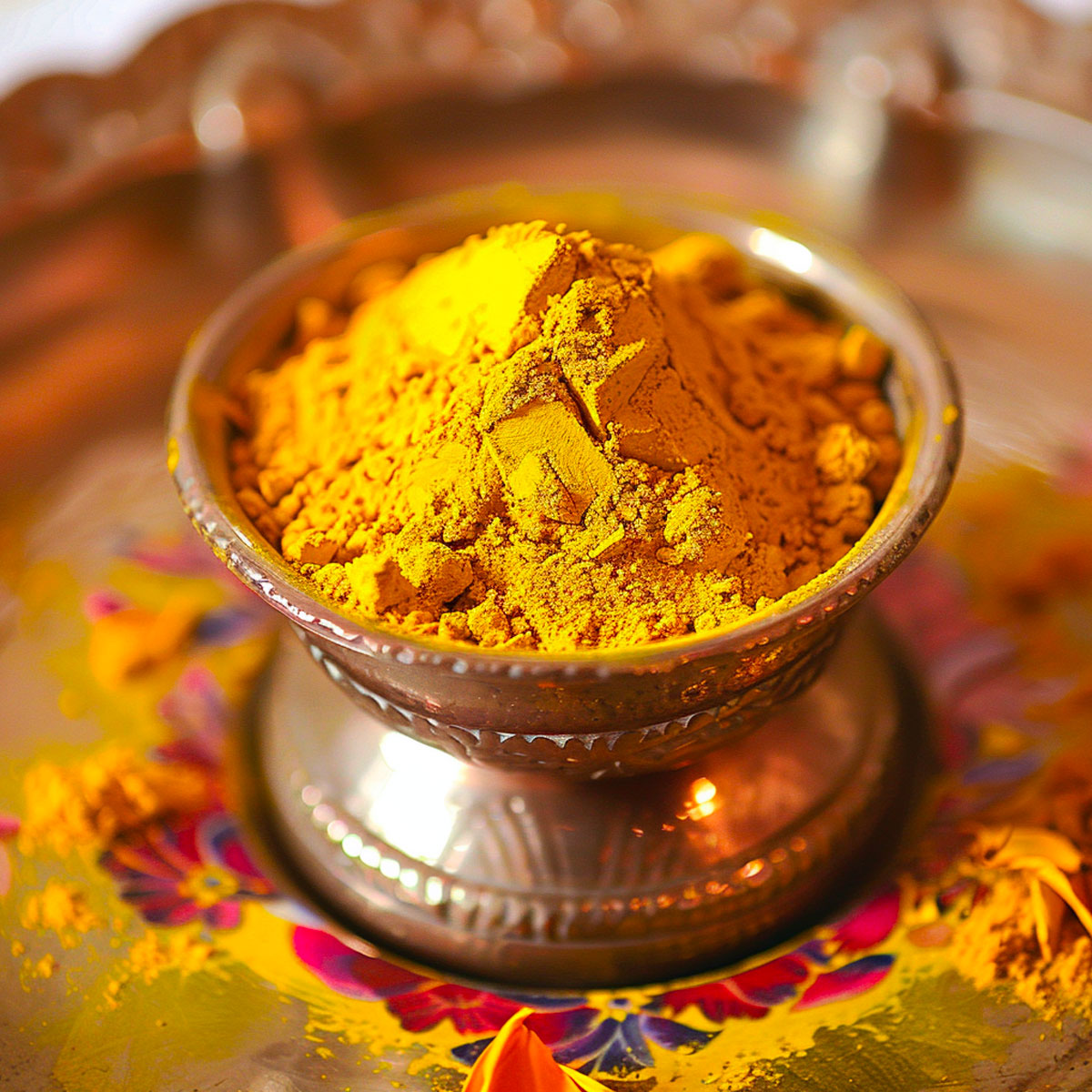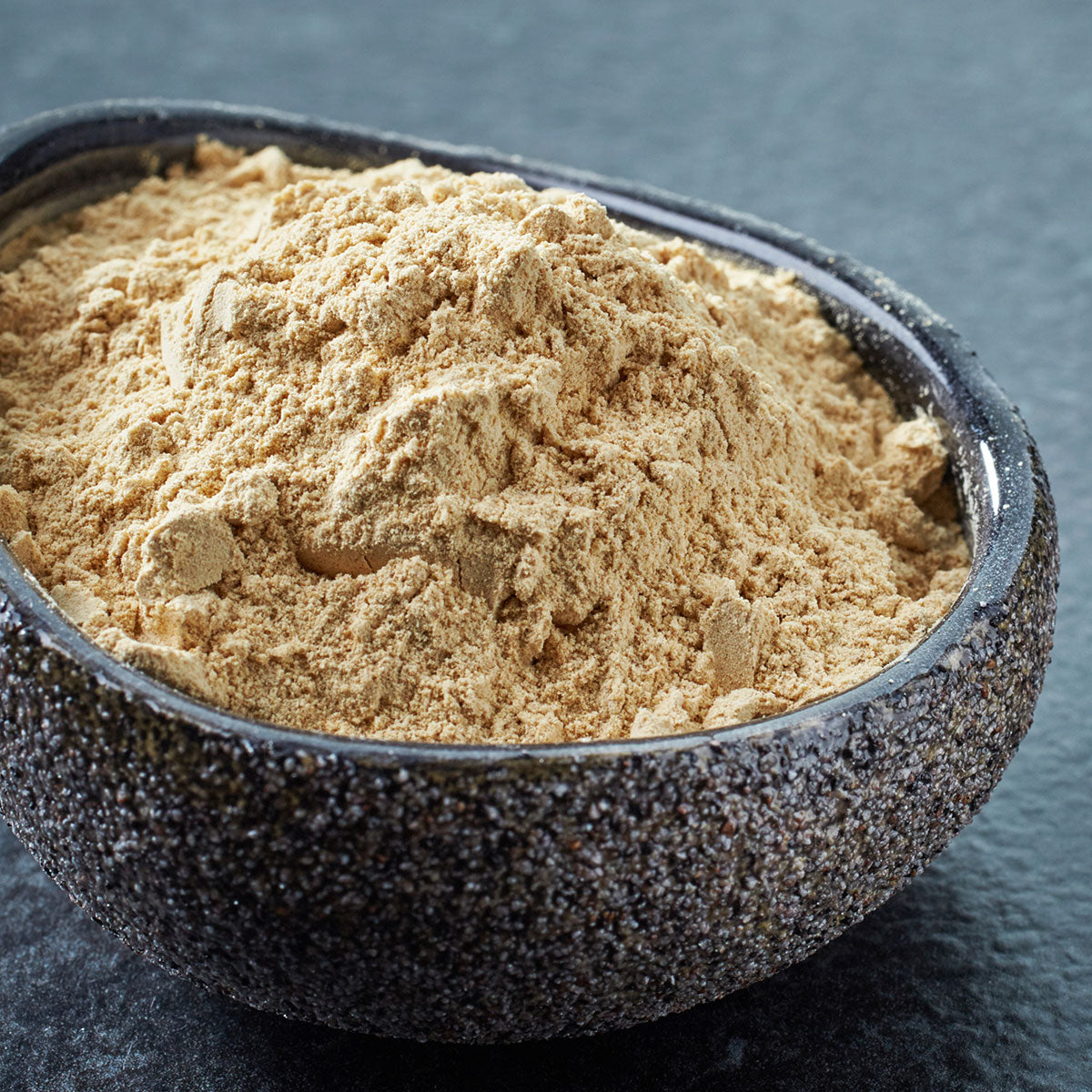Our nutritionist Claire will help you figure out whether gluten is a problem for you, how to avoid it, and give pointers on how you may be able to sneak a little into your diet without the bad effects!

Claire, over to you:
This article is not about propagating gluten-free bread, pancake mixture and cake products. It’s about helping you to understand what might be going on with gluten and your body, as well as suggesting some natural and healthy ways of going gluten-free, whilst still avoiding processed food.
The problem with gluten
Sadly for bread, cake, pasta, pastry, cracker and cookie lovers, gluten is widely acknowledged as a gut irritant. This means it could be responsible for the bloating, upset digestion and discomfort of IBS. In cases of celiac/coeliac disease (true gluten allergy), gluten does serious damage to the gut lining; it is a recognised autoimmune disease diagnosed via various tests by medical doctors. Gluten sensitivity however is more controversial and some researchers have recently stated that evidence around it is weak (more on this later).
However there is a raft of evidence to support the suggestion that gluten alters bowel barrier functions in IBS, causes inflammation, leaky gut, insulin resistance and autoimmune disease. In addition, millions of people around the world have carried out ‘self experimentation’ (some of the OB staff included) meaning that they have tried removing wheat or gluten from their diets and have felt positive results. It’s undeniable that gluten is a problematic food for many.
Is gluten a problem for you?
Here are some signs to look out for that could suggest you might have a problem digesting gluten:
| Fatigue | Brain Fog |
| Low iron | IBS |
| Diarrhoea | Constipation |
| Digestive discomfort | Gastric reflux |
| Mood changes | Irritability |
| Depression | Headaches |
| Migraine | Poor skin condition |
If you’re experiencing any of the signs and symptoms above after eating gluten (even a few days after eating it), we would definitely suggest you have a go at gluten-free and, and importantly, keep your doctor in the loop as you may need to be tested for coeliac.
Controversy about gluten sensitivity
If you aren’t keen on making a dramatic dietary shift away from gluten, you may be pleased to hear that research published in May this year opened up the debate about gluten sensitivity and IBS symptoms, which stated that evidence for gluten as a trigger for symptoms is limited. The research is interesting but it still didn’t rule out wheat and gluten as gut irritants, and the study was funded by a bakery ingredients corporation based in Australia. Hmm.
Who should we listen to?
As with everything to do with our relationship with food, there are many different sides to the story. With the food industry being big business, there are commercial agendas at play – i.e. there are many corporations providing you with nutrition messages whose primary goal may not be your health.
Secondly, we all develop emotional attachments to food, so we see some foods as comforting or a crutch, and feel defensive when someone suggests giving them up. On the flip side, we might be biased towards restrictive diets like gluten-free, veganism because we read a lot about food and health and enjoy the control certain programmes give us.
We can’t tell you whether to listen to media, food companies or your emotions, but do tune into your inner voice, monitor how you feel when you eat gluten and read a few more articles about it to help you make your own, informed decision.
Get sensible about gluten
If you feel that you tolerate gluten well and you don’t suffer any digestive issues, have great gut flora, clear skin, and a healthy weight, then you’ll probably continue to do well with gluten in your life – lucky thing!
If you’re keen to try going gluten-free but are feeling nervous, remember that gluten is not a nutrient we need. Gluten grains do not contain any nutrients that we can’t source from other foods. The great news is that removing gluten means eradicating lots of processed foods from your diet, just please don’t replace them with other healthy-looking gluten-free options that are packed with sugar and potato starch!
Gluten-free beginnings
Check out our table below to help you figure out what to eat instead of your gluten products. If you’d like to reduce your exposure to gluten but are not going to avoid it altogether, I’d recommend simply avoiding anything made with refined, white wheat flour as this contains the highest amount of gluten, and is hardest to digest. You could choose sourdough rye bread, some unprocessed oats (which have lower gluten), pearl barley in your soup (again this has low gluten levels compared with wheat).
| CLEAR OUT | ENJOY |
| Bread – wheat, barley, rye | Eggs on a bed of spinach instead of toast, a salad instead of a sandwich, a few new potatoes or rice with a main meal |
| Pasta – wheat | Buckwheat pasta or use a spiraliser to make raw courgette spaghetti |
| Crackers | Snack on raw carrot, cucumber, celery sticks |
| Cakes | Make your own amazing desserts like chocolate avocado mousse, or raw superfood energy balls |
| Cookies | A handful of nuts and seeds will keep you going longer |
| Pies and quiche | Go for a frittata (which is just the egg and veg, no crust) |
| Soy sauce – contains wheat | Tamari sauce – virtually the same thing but without wheat gluten |
| Sausages – contain breadcrumbs | Unprocessed meat |
| Ready-made soups, sauces, dressings – often contain wheat flour | Home made soups and sauces are easy |
| Cous cous | Quinoa is a great grain-free alternative |
| Processed oats – contaminated with wheat | Pure oats that are naturally gluten-free |
All Organic Burst superfoods are 100% pure and gluten-free, vegan and contain no additives.
Whether you’re excited to try gluten-free for a few weeks and conduct your own self-experiment on how it effects you, or whether you’re going to go away and read some studies, good luck and please share your thoughts with us, we’d love to hear how you get on!
Sources:
Biesiekierski JR, et al. "No effects of gluten in patients with self-reported non-celiac gluten sensitivity after dietary reduction of fermentable, poorly absorbed, short-chain carbohydrates." Gastroenterology. 2013 Aug; 145(2):320-8.e1-3. doi: 10.1053/j.gastro.2013.04.051. Epub 2013 May 4. Read here.
Vazquez-Roqu MI, et al. “A controlled trial of gluten-free diet in patients with irritable bowel syndrome-diarrhea: effects on bowel frequency and intestinal function.” Gastroenterology. 2013 May; 144(5): 903-911.e3. doi: 10.1053/j.gastro.2013.01.049. Epub 2013 Jan 25. Read here.
Soares FL, et al. “Gluten-free diet reduces adiposity, inflammation and insulin resistance associated with the induction of PPAR-alpha and PPAR-gamma expression.” J Nutr Biochem. 2013 Jun; 24(6):1105-11. doi: 10.1016/j.jnutbio.2012.08.009. Epub 2012 Dec 17. Read here.



